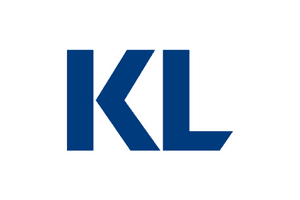Why should you work with hybrid and remote management?
In a world where digital technology is changing the way we work, hybrid and remote leadership has become an essential skill for any leader. Workplace dynamics are constantly changing and the ability to lead teams across physical and virtual environments is now more important than ever.
Firstly, hybrid and remote leadership allows organizations to attract and retain talent regardless of geographic location. This opens up a much wider pool of candidates and enables a more diverse and inclusive work environment.
Secondly, these forms of management can increase employee satisfaction and productivity. By offering flexibility in where and when work is done, organizations can accommodate individual work styles and lifestyle needs, which can improve job satisfaction and employee retention.
Third, hybrid and remote leadership are necessary to navigate unforeseen circumstances, such as a pandemic or natural disaster that may make it impossible for team members to physically work together.
Finally, effective hybrid and remote management can help build a culture of trust and accountability within the team. When employees work remotely, there is less oversight, so it requires a strong culture to ensure everyone continues to work towards common goals.
Given these benefits, it's clear that mastering hybrid and distance leadership is crucial to the success of the leader and the organization in the modern workplace.









